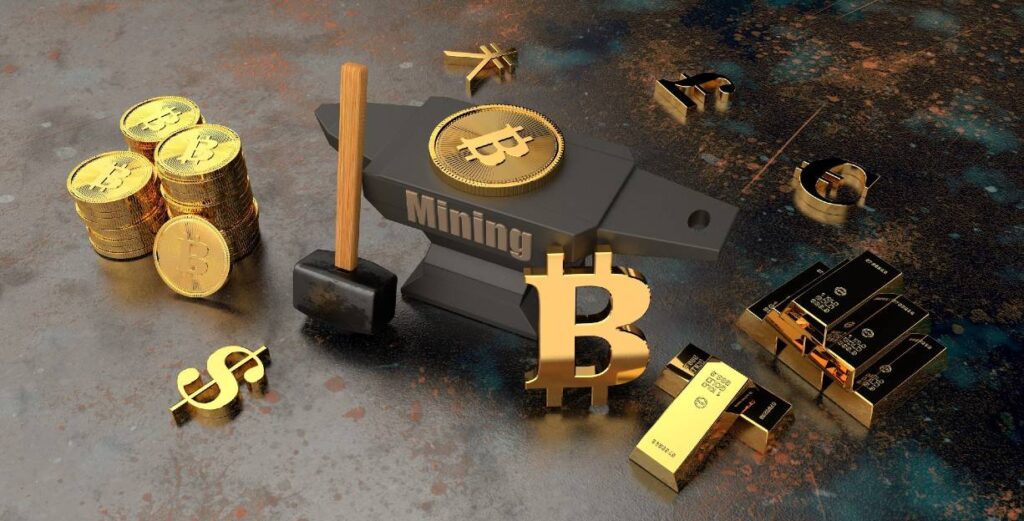are all cryptocurrencies the same
Are all cryptocurrencies the same
ICO stands for Initial Coin Offering and refers to a method of raising capital for cryptocurrency and blockchain-related projects. Typically, a project will create a token and present their idea in a whitepaper Welcome bonuses at online casinos. The project will then offer the tokens for sale to raise the capital necessary for funding development. Even though there have been many successful ICOs to date, investors need to be very careful if they are interested in purchasing tokens in an ICO. ICOs are largely unregulated, and very risky.
Bitcoin is the most popular cryptocurrency and enjoys the most adoption among both individuals and businesses. However, there are many different cryptocurrencies that all have their own advantages or disadvantages.
TThe data at CoinMarketCap updates every few seconds, which means that it is possible to check in on the value of your investments and assets at any time and from anywhere in the world. We look forward to seeing you regularly!
The total crypto market volume over the last 24 hours is $172.65B, which makes a 34.94% increase. The total volume in DeFi is currently $27.22B, 15.77% of the total crypto market 24-hour volume. The volume of all stable coins is now $161.34B, which is 93.45% of the total crypto market 24-hour volume.
Welcome to CoinMarketCap.com! This site was founded in May 2013 by Brandon Chez to provide up-to-date cryptocurrency prices, charts and data about the emerging cryptocurrency markets. Since then, the world of blockchain and cryptocurrency has grown exponentially and we are very proud to have grown with it. We take our data very seriously and we do not change our data to fit any narrative: we stand for accurately, timely and unbiased information.
Are all cryptocurrencies mined
Founded in 1993, The Motley Fool is a financial services company dedicated to making the world smarter, happier, and richer. The Motley Fool reaches millions of people every month through our premium investing solutions, free guidance and market analysis on Fool.com, top-rated podcasts, and non-profit The Motley Fool Foundation.
Cryptocurrency mining describes a process where an individual, group of individuals, or a business, will use high-powered computers to solve complex mathematical equations in an effort to validate a block of transactions. These mathematical equations are part of the encryption that protects transactions from cybercriminals, as well as other people who shouldn’t have access to sender and receiver data.
Founded in 1993, The Motley Fool is a financial services company dedicated to making the world smarter, happier, and richer. The Motley Fool reaches millions of people every month through our premium investing solutions, free guidance and market analysis on Fool.com, personal finance education, top-rated podcasts, and non-profit The Motley Fool Foundation.

Founded in 1993, The Motley Fool is a financial services company dedicated to making the world smarter, happier, and richer. The Motley Fool reaches millions of people every month through our premium investing solutions, free guidance and market analysis on Fool.com, top-rated podcasts, and non-profit The Motley Fool Foundation.
Cryptocurrency mining describes a process where an individual, group of individuals, or a business, will use high-powered computers to solve complex mathematical equations in an effort to validate a block of transactions. These mathematical equations are part of the encryption that protects transactions from cybercriminals, as well as other people who shouldn’t have access to sender and receiver data.
Why do all cryptocurrencies rise and fall together
Cryptocurrency trading is done through Lunar Block. Lunar Block is not regulated by the Danish Financial Supervisory Authority (Finanstilsynet). That means you won’t have the same protection as when trading e.g. stocks or other regulated assets.
However, the inverse is also true. When crypto markets are going down, it is typically because specific coins have lost market perception due to negative events, such as bad publicity, unethical behavior from project leaders, or security breaches.
Imagine walking into a crowded room buzzing with excitement about the latest cryptocurrency. The collective mood of these participants can significantly influence price movements. Positive news, such as a significant company adopting a cryptocurrency for payments, can fuel a buying frenzy, causing prices to surge. Conversely, negative headlines, regulatory concerns, or security breaches can trigger panic selling, leading to sharp declines. Take the case of Bitcoin in 2017, when its price soared to nearly $20,000, fueled by media hype and speculative frenzy, only to crash dramatically in the following months when regulatory crackdowns loomed.

Cryptocurrency trading is done through Lunar Block. Lunar Block is not regulated by the Danish Financial Supervisory Authority (Finanstilsynet). That means you won’t have the same protection as when trading e.g. stocks or other regulated assets.
However, the inverse is also true. When crypto markets are going down, it is typically because specific coins have lost market perception due to negative events, such as bad publicity, unethical behavior from project leaders, or security breaches.
Imagine walking into a crowded room buzzing with excitement about the latest cryptocurrency. The collective mood of these participants can significantly influence price movements. Positive news, such as a significant company adopting a cryptocurrency for payments, can fuel a buying frenzy, causing prices to surge. Conversely, negative headlines, regulatory concerns, or security breaches can trigger panic selling, leading to sharp declines. Take the case of Bitcoin in 2017, when its price soared to nearly $20,000, fueled by media hype and speculative frenzy, only to crash dramatically in the following months when regulatory crackdowns loomed.

